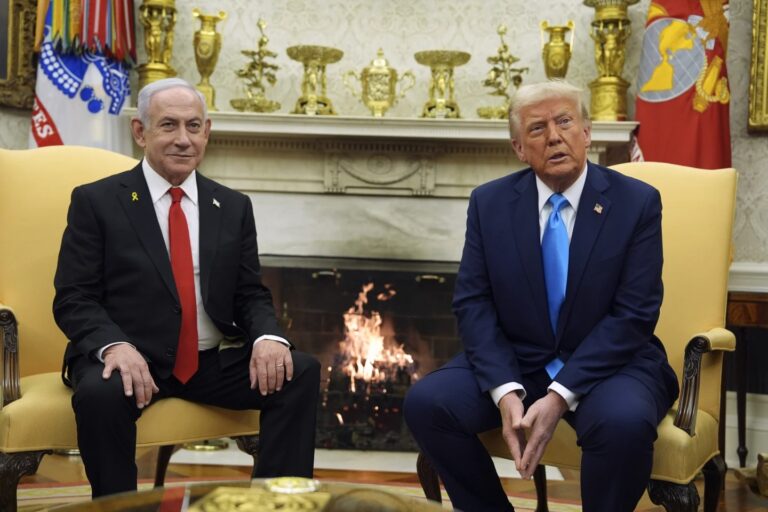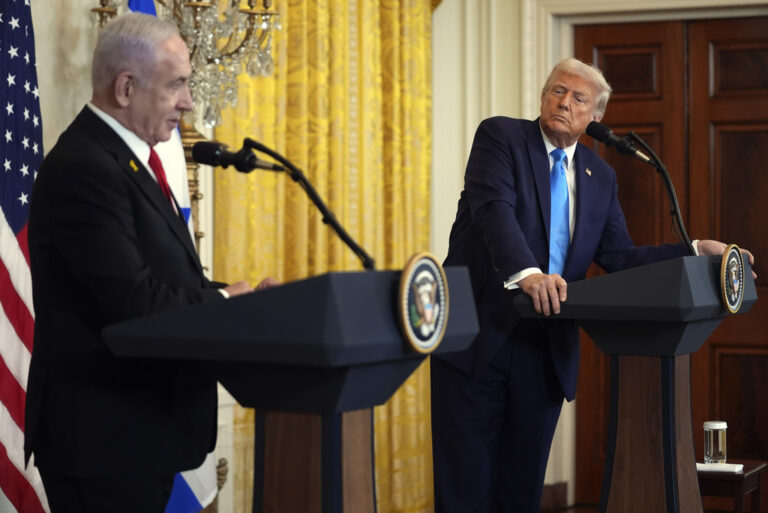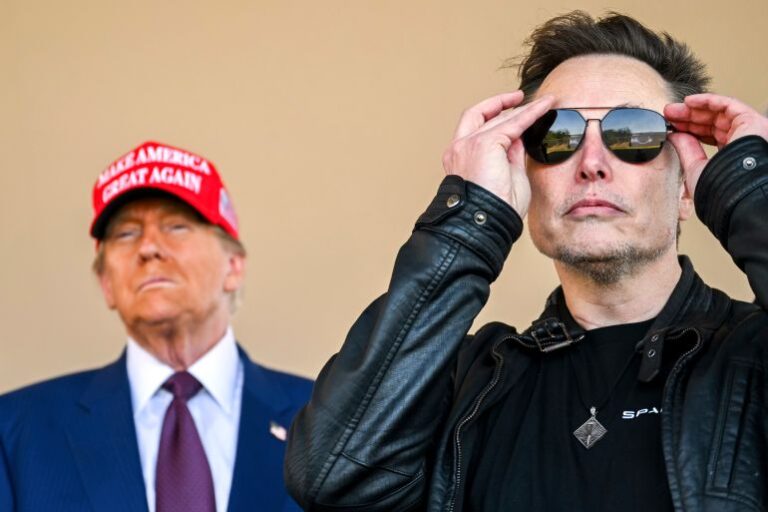 As the clear underdog in the race for mayor of New York City, Anthony Weiner delivered a strong debate performance squaring off with his rivals on stage, in the first televised debate Tuesday night, With a nothing to lose strategy, Mr. Weiner portrayed himself as an outsider to take on the establishment candidates and as the Democratic foot soldier to take on the real fight for the middle class New Yorker.
As the clear underdog in the race for mayor of New York City, Anthony Weiner delivered a strong debate performance squaring off with his rivals on stage, in the first televised debate Tuesday night, With a nothing to lose strategy, Mr. Weiner portrayed himself as an outsider to take on the establishment candidates and as the Democratic foot soldier to take on the real fight for the middle class New Yorker.
While Christine Quinn and Bill de Blasio were going back and forth at each other over their record of accomplishments and their experiences in municipal government, Mr. Weiner played the outsider trying to cast himself as a more independent voice who’s ready to tackle the issues that matter.
All of the candidates traded barbs, but it was Council Speaker Christine Quinn and Anthony Weiner who exchanged perhaps the bitterest blows during the entire debate.
“So, Anthony’s right, we’ve all heard a lot about his personal issues. For me, the bigger issue is his record,” said Ms. Quinn in response to a question about Mr. Weiner’s scandal. “I listed some of what I’ve accomplished in City Hall. But if you look at Anthony’s record in Congress, it was passing one piece of legislation at the request of a campaign contributor who was a tobacco distributor. That is not a record of results for middle class New Yorkers.”
Mr. Weiner immediately shot back.
“Well you know, here’s the profound difference is I’ve apologized for my personal behavior,” Mr. Weiner replied. “The Speaker refuses to apologize for overturning the will of the people, for the slush fund scandal and for the things in her professional record. That’s the difference. I’ve owned up to my personal failings but I have a record that I’m proud of and I’m going to be honest with the citizens of this city and that is not something the Speaker can claim.”
“I think it’s very clear to all New Yorkers that neither me nor anybody else on this stage or any New Yorker quite frankly should be lectured by Anthony Weiner about what we need to apologize for tonight or ever,” Ms. Quinn replied.
At some point, as the candidates debated local issues, Weiner stepped in to paint himself as an outsider.
“This is the problem: They all come from basically the same place. They’ve been part of municipal government for decades now,” he argued. “If you want someone truly independent, who’s going to stop this noise … you have a choice here.”
“You know, the only difference between Speaker Quinn and Bill de Blasio is Speaker Quinn’s been more successful,” Mr. Weiner charged. “They made the same promises to the same people, she got elected speaker and Bill’s never gotten over it.”
My Fellow New Yorkers, This is the Problem from Anthony Weiner on Vimeo.
Turning to Weiner, Quinn begged to differ.
“Not for nothing, you were in government your whole career until you had to resign from government, so I’m not sure why you’re finger-pointing at people in government,” she said.
Weiner also traded combative jabs with Bill de Blasio and Bill Thompson. In a strange moment, Thompson and Weiner went back and forth over who had had the courage to take on Bloomberg and his millions in his two reelection bid
Speaker Quinn came under fire for supporting Mayor Michael Bloomberg’s campaign for a third term in 2009.
“Under that reasoning that we did it because of the financial situation, we changed a President in 2008. We had a new President. We elected him. By that venture, we should have suspended that election also,” Bill Thompson said. “Speaker Quinn betrayed the people of New York and undermined democracy, and that’s a fact.”
But between the bickering and finger pointing, it was really Bill de Blasio’s night. Leading in the polls for the first time, Mr. de Blasio repeatedly touted his campaign as the “only progressive choice” and pledging a tax on the wealthy.
“De Blasio who carried himself like a winner Tuesday night, even though the next time around somebody running against him might ask what he has actually done as public advocate,” Mike Lopica wrote in the Daily News. “He is the one who seemed to have the best command of the moment, of his narrative about how he wants to end “the tale of two cities,” meaning those who are wealthy in New York and those who are not; how his City Hall ‘will serve all five boroughs’.”
(Jacob Kornbluh – YWN)










